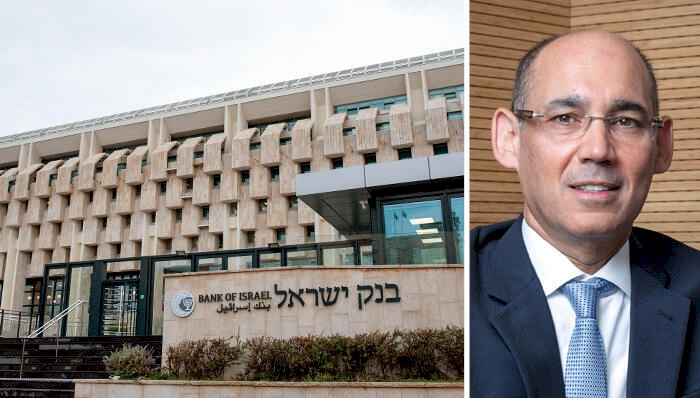
For the First Time in Two Years.. Bank of Israel Sells 300 Million Dollars Last Month
SadaNews Economic Translation - The Hebrew newspaper Globes reported that the recent rise in the value of the shekel against the dollar, especially in June, raised questions about the possibility of the Bank of Israel intervening again in the foreign exchange market to prevent further strengthening of the shekel, similar to what it had done previously. The newspaper noted that unexpectedly, the bank sold $300 million last month, marking the first such intervention since the early months of the war.
According to what Globes reported as translated by SadaNews, this intervention was a limited and exceptional reaction to the Israeli attack on Iran.
Yossi Frank, the CEO of Energy Finance and a specialist in risk and foreign currency management, explained that "the sale took place on a Friday a few weeks ago, after Israel attacked Iran. When the dollar exchange rate rose to about 3.7 shekels, the bank decided to intervene. On that day, the market saw sharp movements, and there were speculations about whether it was the Bank of Israel that intervened, or another entity. However, within hours, the markets calmed down as a result of the direct intervention."
This is the first time the Bank of Israel has sold dollars since the outbreak of the October 2023 war.
The bank had announced in October 2023 a plan to sell $30 billion from reserves to protect the shekel from collapsing following Hamas's attack, but it actually sold around $8.5 billion, most of it during that month.
Although the recent intervention was relatively limited in size, the Bank of Israel still holds vast reserves of foreign currency. Globes indicated that the bank's foreign currency reserves amounted to about $228.2 billion at the end of June, an increase of $4.6 billion from May.
The newspaper attributed this increase primarily to changes in the dollar exchange rate, which amounted to about 5.2 billion shekels, while it was partially offset by government activities in foreign currency amounting to about $421 million, in addition to the sale amount that occurred after the attack on Iran.

The Problem of Shekel Overcrowding Worsens.. Fuel Station Owners Threatened with Closure o...

The Palestinian Economy at a Crossroads: 4 Files Awaiting Resolution

Currency exchange rates against the shekel on Monday (February 2)

Currency Exchange Rates Against the Shekel on Sunday (February 1)

Moody’s Changes Israel's Outlook from Negative to Stable

Currency Exchange Rates Against the Shekel (January 31)

Gold Falls Amid Bets on Tightening Monetary Policy
